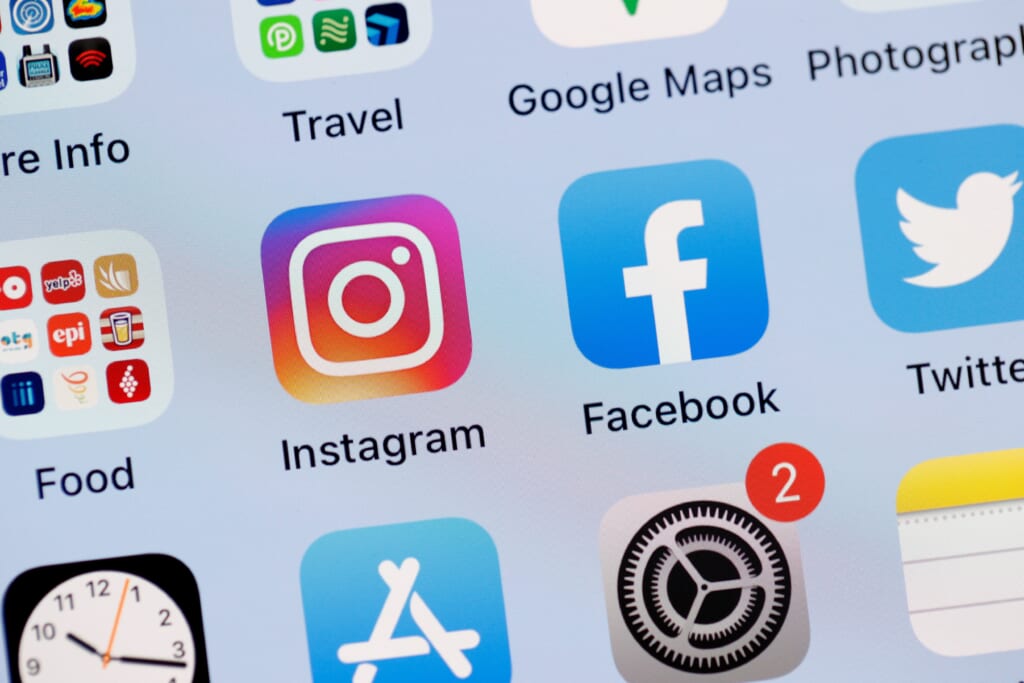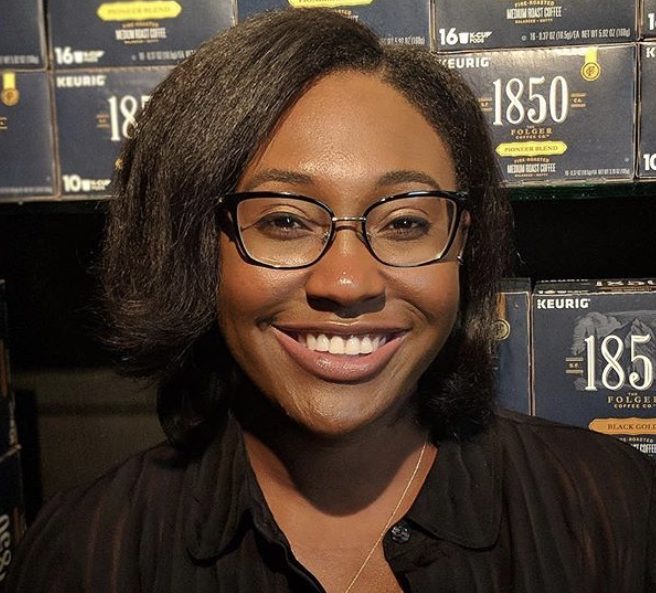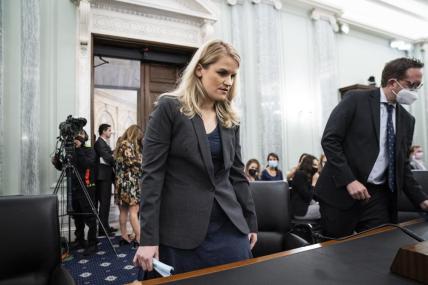The impact of Facebook’s social media monopoly on Black Americans
OPINION: In addition to Facebook Inc.’s racial and ethical issues, it has long enforced harrowing effects on the self-esteem of Black and Brown children and adolescents.

Black America has disproportionately contributed to the Big 3 social media networks, Facebook, Instagram and Whatsapp, which have been a focal point of Black and Brown communities for years — and they show no sign of stopping.
But in light of recent scrutiny of these social media platforms, what impact have they had on minority communities?
With Facebook’s recent testimony by ex-employee Frances Haugen, it is crucial to examine what Facebook has done or not done in relation to Black and Brown communities. The year 2020 could have easily been charted as the year where a racial awakening took place in the United States. With the disproportionate killing of Black, Brown and Indigenous people at the hands of the police — or simply disappearing without a trace — many turned to their most popular outlet to voice their opinion: Facebook.
Facebook, unlike Twitter and other platforms, gives users an almost unlimited amount of space to vocalize their opinions. But as we witnessed the uplifting of stories often not covered by the media, we also witnessed an up surge of hate speech against African Americans.

This surge of hate speech against Black people was a byproduct of the country’s racial climate, as millions of African Americans found themselves banned from discussing racism online. As USA Today reported, “Black activists say hate speech policies and content moderation systems formulated by a company built by and dominated by white men fail the very people Facebook claims it’s trying to protect.”
But Black activists aren’t the only group subjected to Facebook’s lack of protection. The treatment of current and former Black employees has long become lore. Currently, Facebook has 3% of Black people in executive leadership and throughout the company only one percentage more at 4%.
Maxine Williams, Chief Diversity Officer at Facebook, says the behavior (microaggressions, inconsistencies and unfairness) described by minority Facebook employees were awful. These sentiments have been generally consistent across the board in tech, as Black Americans only make up 3% employees in the top 75 tech firms in Silicon Valley.
Facebook’s attempts to close the diversity gap have been inconsistent at best, although they have vowed to hire 50% of their workforce from underrepresented communities by 2024. With 2024 right around the corner and the recent departure of industry giant and ex-board member Kenneth Chenault, many are concerned as to how exactly Facebook plans on hitting these goals.

Chenault, former chairman and CEO and American Express, joined Facebook’s board in 2018 and resigned over personal conflicts with founder and CEO Mark Zuckerberg’s leadership on political advertisements and public discourse on the site.
Unfortunately, Zuckerberg’s leadership extends far beyond Facebook, as the tech mogul also owns WhatsApp and Instagram. Instagram has led the charge on anti-abuse in the face of multiple racist allegations — in August the photosharing company aimed to roll out measures to assist their users in protecting their accounts from abuse — particularly offensive and unwanted comments and messages. This included the ability to filter DMs and came on the heels of the vicious racist attacks that followed the Euro 2020 final where Black players were spammed with the orangutan emoji — with little to no support from Instagram.
Sadly, these are all residuals of Zuckerberg’s corporate monopoly. While Zuckerberg founded Facebook in 2004 on the campus of Harvard University, Kevin Systrom and Mike Krieger created Instagram six years later in 2010. Facebook promptly bought the photo and video sharing social media application two years later for $1 billion. In 2009, two former Yahoo employees (Brian Acton and Jan Koum) created WhatsApp. The mobile messaging device was purchased for over $16 billion.

This is how Mark Zuckerberg aggregated and created the perfect social media trilogy; Facebook, Whatsapp and Instagram. Together this trifecta dominates the social media and communication market globally — making them painfully difficult to regulate.
In addition to Facebook Inc.’s racial and ethical issues, its company has long enforced harrowing effects on the self-esteem of Black and Brown children and adolescents. But although there have been more and more calls for Zuckerberg’s resignation by the day — he still shows no signs of slowing. Instead, he’s promised to hire 10,000 new people for to propel Facebook into a metaverse.
We are simply left to wonder what percentage of those new hires will be Black?

Wen-kuni Ceant is the CEO and Co-Founder of Politicking. She is a Fulbright Scholar and through the fellowship she studied health infrastructure in Senegal during the last year. She received her Masters in Public Health in Health Management and Policy in 2016 from Drexel University. Before Drexel, she attended Howard University, in Washington, D.C. where she graduated Phi Beta Kappa and with honors with a Bachelors of Science in Biology.
Have you subscribed to the Grio podcasts, ‘Dear Culture’ or Acting Up? Download our newest episodes now!
TheGrio is now on Apple TV, Amazon Fire, and Roku. Download theGrio today!
More About:Opinion







